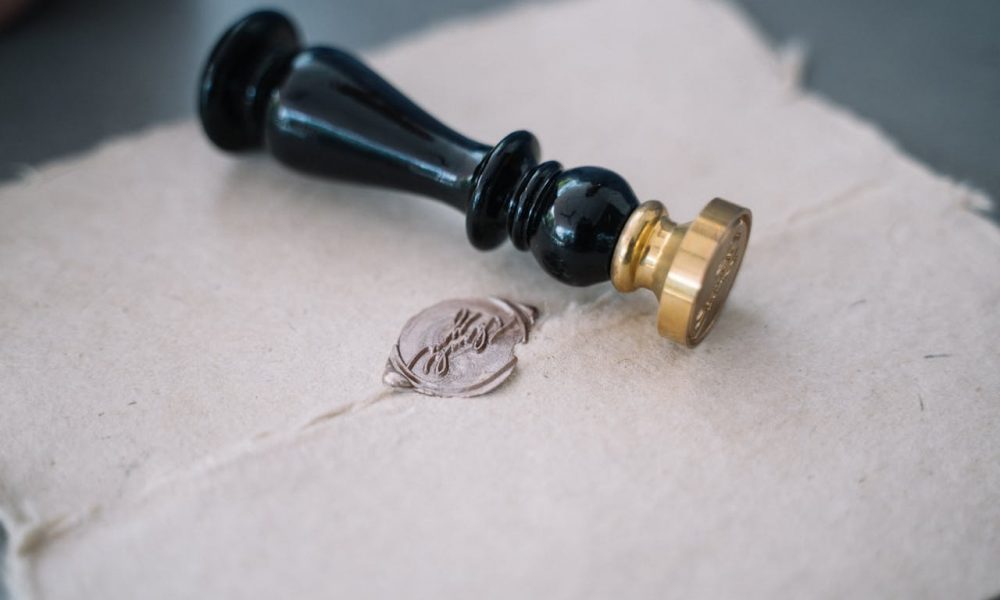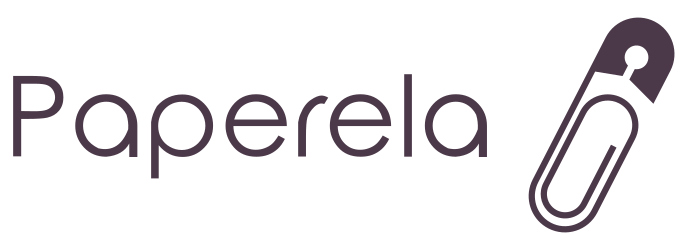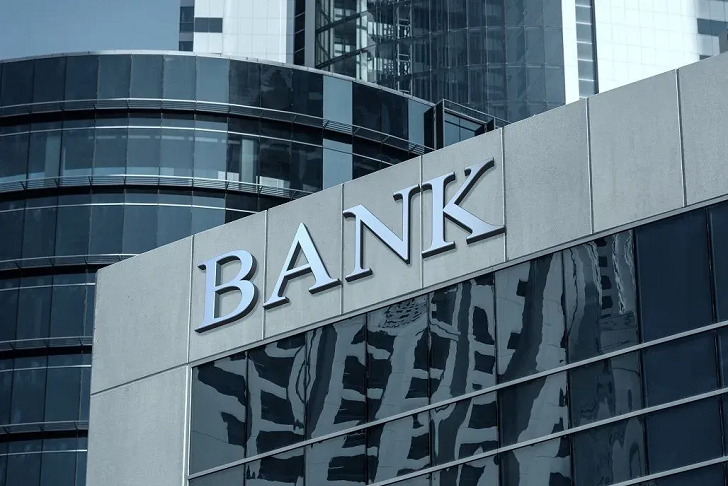
Can Banks Notarize Documents for Free?

Navigating the landscape of legal documents can often lead you to one crucial service: notarization. Understanding whether you can access these services for free, particularly at banks, is essential for anyone dealing with legal forms and contracts. So, can banks notarize documents? This comprehensive guide will explore everything you need to know about notarization.
Can Banks Notarize Documents for Free?
Many people wonder if they can get documents notarized without a fee, and often, the answer lies with your local bank. Banks frequently handle many documents requiring notarization, such as mortgage agreements or trust forms. Because of this, it’s quite common for banks to employ staff members who are qualified notaries.
For customers, many banks offer notary services at no cost as a part of their banking privileges. This complimentary service can significantly simplify securing a notarized document, eliminating the need to search for a notary and perhaps even pay for their services. If you are not a bank customer, the scenario changes slightly; you may either be charged a fee or kindly directed to visit your own bank for these services.
How Notarization Works
The process of notarization is straightforward but critical. It begins when you present your document to a notary public at the bank. You’ll sign the document in their presence, after which the notary will use an official stamp, mark the date, and add their signature to authenticate the act. Identification is crucial here, as the notary will request to see a valid photo ID to verify that you are indeed the person signing the document. They will also ensure you understand the document’s contents and sign willingly.
This formality is pivotal because it safeguards against fraud and ensures that the signings are legitimate, making notarization a cornerstone of legal and financial transactions.
The Importance of the Notary Witnessing Your Signature
It’s essential that the notary actually witnesses your signature. This requirement is a safeguard that ensures the document’s signature is yours. If you happen to sign your document before meeting with the notary, you might be asked to sign it again in their presence. This helps the notary confirm that the signature is consistent and authentic, which is crucial for the integrity of the notarization process.
Types of Notarization
Notarization isn’t a one-size-fits-all process. There are several types:
- Signature witnessing: Signature witnessing is the most common form, where the notary confirms your identity and witnesses your signature.
- Acknowledgement: Acknowledgement is often required for documents that involve ownership, such as property deeds. Here, you acknowledge that the signature is yours and that you agree with the document’s contents.
- Copy certification: The notary certifies that a copy of a document is true and accurate. This is common for essential records like college degrees or passports.
- Jurat: Jurat is used for documents where you must swear that the contents are true, such as affidavits.

Kampus Production | Pexels | Almost all major banks in the U.S. have notaries available at their branches.
Notarize Free at Your Bank
Almost all major banks in the U.S. have notaries available at their branches. If your local branch doesn’t have a notary, staff members usually know where to find one within the bank’s network. This accessibility makes banks a prime location for notarization services, especially for customers who can avail of these services at no additional cost.
Where Else to Go for Notarization Near You
If your bank doesn’t offer notary services or if you’re not a bank customer, there are other options. Credit unions, real estate offices, and even some libraries provide notary services. Additionally, places like UPS stores and AAA offices offer notarization for a nominal fee. These alternatives ensure that you have multiple avenues to get your documents legally recognized, regardless of your affiliations with specific banks.
More in Financial Planning
-
`
Facing Legal Challenges in France? Here’s How to Navigate Them
From July 26 to August 11, Paris will welcome athletes and millions of supporters from around the globe to experience the...
November 29, 2024 -
`
The Most Influential Family Offices Driving Startup Investments
In recent years, family offices have become pivotal players in startup funding, investing directly in emerging sectors like artificial intelligence, biotech,...
November 28, 2024 -
`
What Happens When You’re Booked in Jail?
Being arrested and jailed can be an overwhelming experience. The process may not look like the dramatic scenes you’ve seen in...
November 20, 2024 -
`
Leo DiCaprio’s Star-Studded 50th Birthday Bash
Leonardo DiCaprio’s 50th Birthday celebrations marked a significant milestone in the life of this Hollywood icon. Known for his legendary performances...
November 19, 2024 -
`
What Does Budget 2024 Mean for UK Business Owners?
In the much-anticipated Autumn Budget of 2024, UK Prime Minister Sir Keir Starmer rolled out some big changes affecting both individuals...
November 13, 2024 -
`
Hollywood Stars Who Stole the Show at the 2024 LACMA Gala
Blake Lively Stuns in Tamara Ralph Couture “It Ends With Us” star Blake Lively made a dramatic entrance at the 2024...
November 12, 2024 -
`
How Can You Leverage Higher Income Limits for Capital Gains Tax Benefits?
As tax laws evolve, understanding how to leverage higher income limits for the 0% capital gains bracket becomes essential for savvy...
November 7, 2024 -
`
Investor David Einhorn Thinks Peloton Can Be Worth Five Times More IF It Cuts Costs
David Einhorn, founder and president of Greenlight Capital, has a bold vision for Peloton. He believes the struggling fitness company could...
November 7, 2024 -
`
How Interactive Matter Maps Improve Legal Research and Planning
Interactive matter maps have transformed legal research and planning by simplifying how law firms manage complex matters. These tools help legal...
November 1, 2024
















You must be logged in to post a comment Login